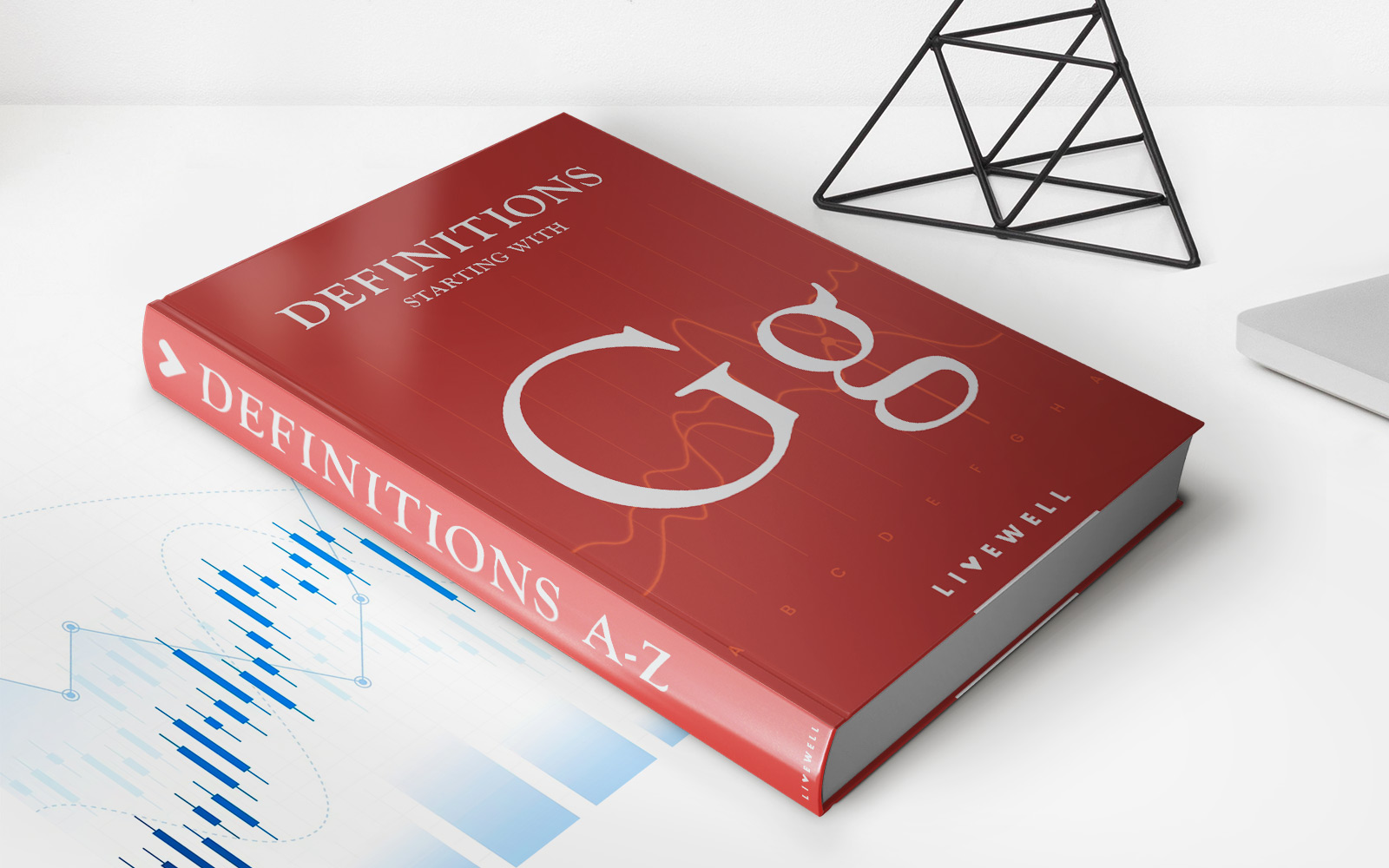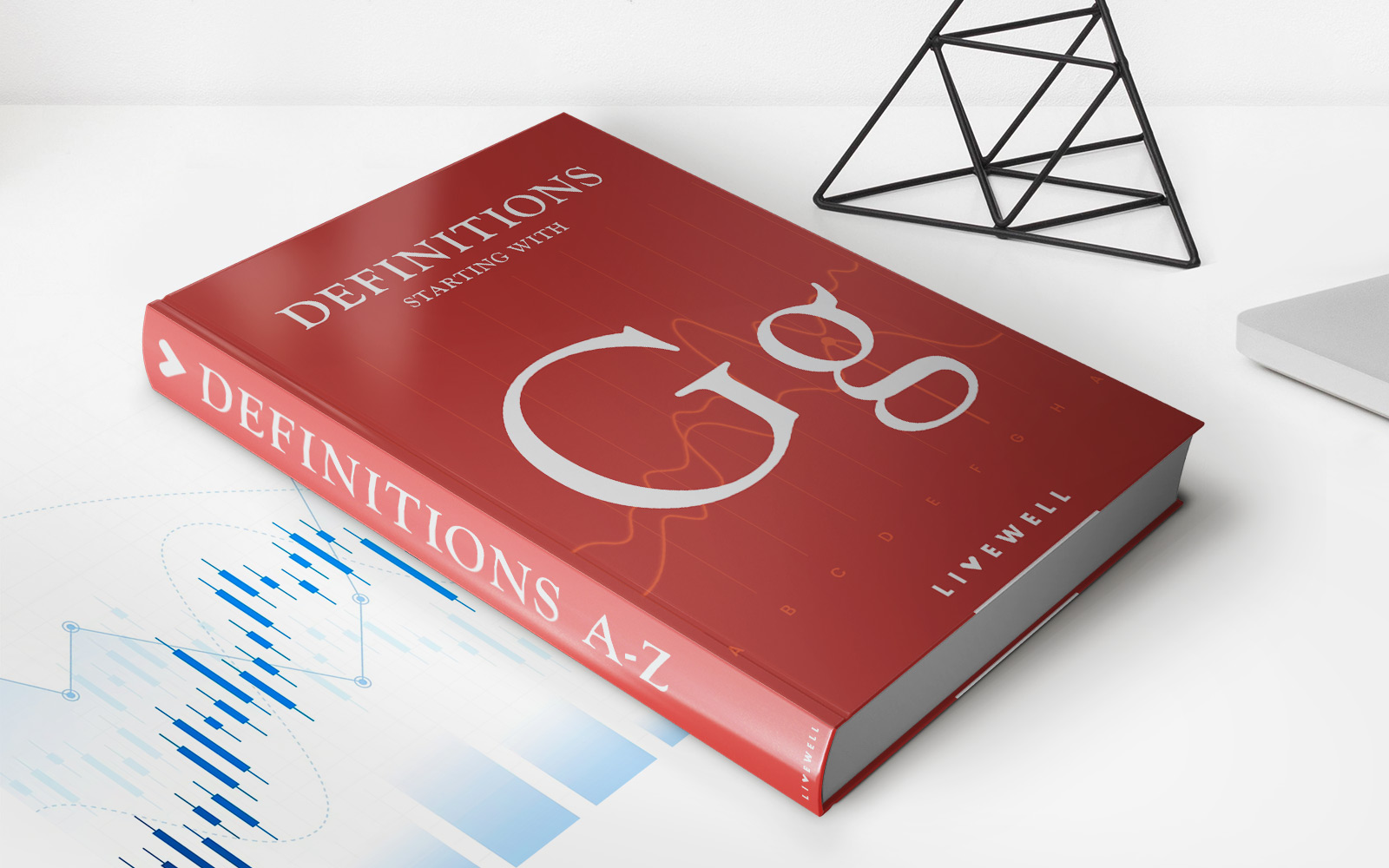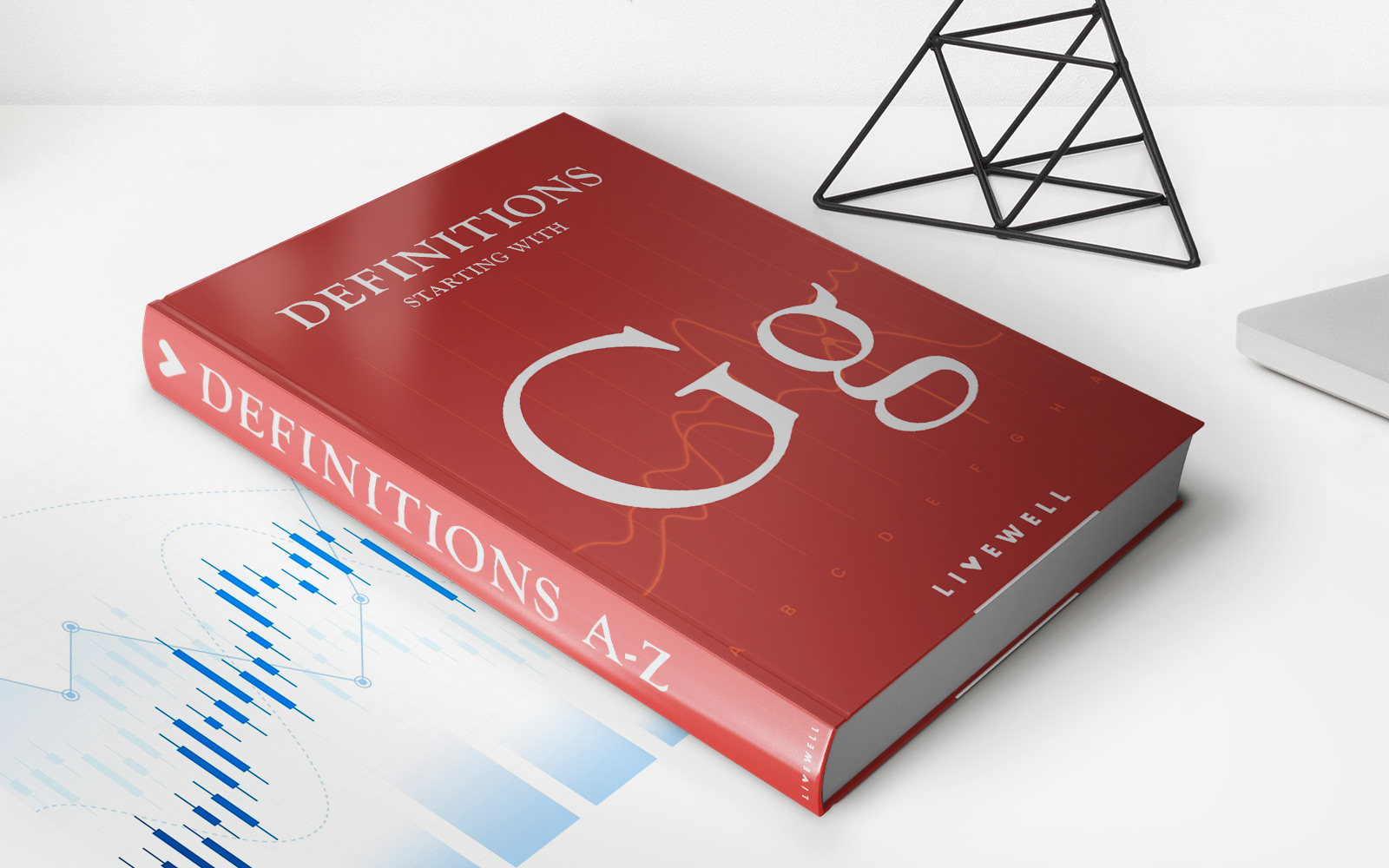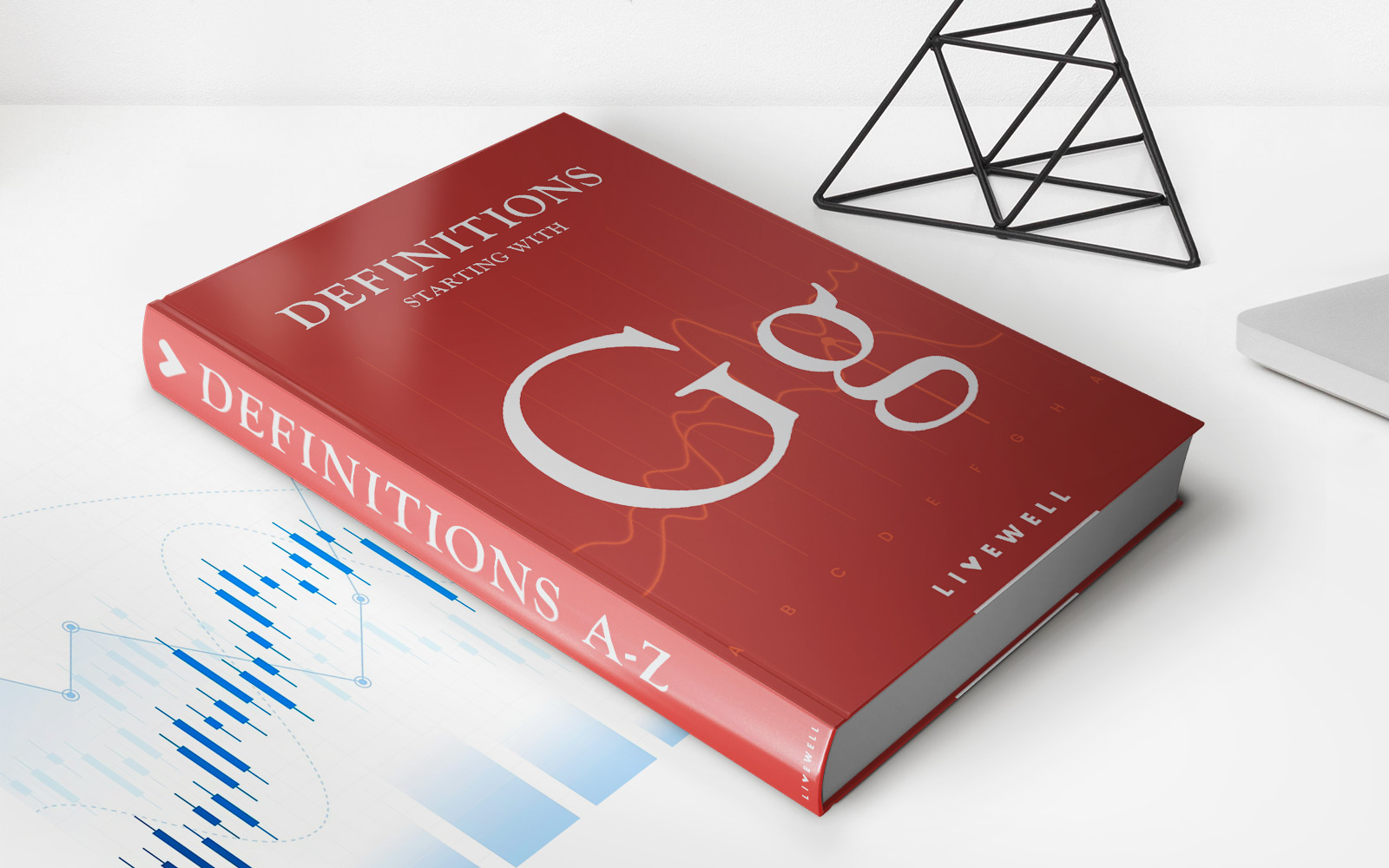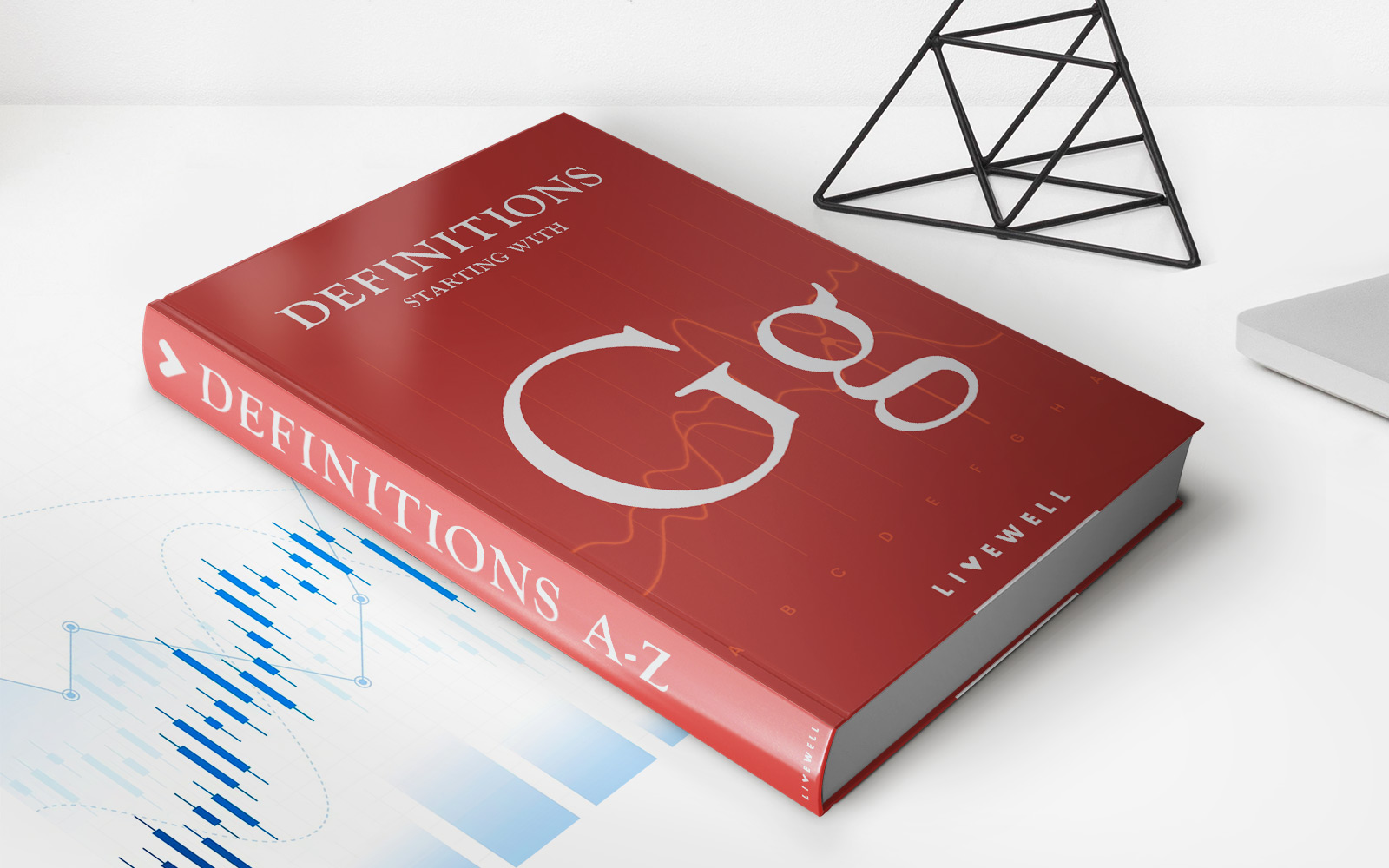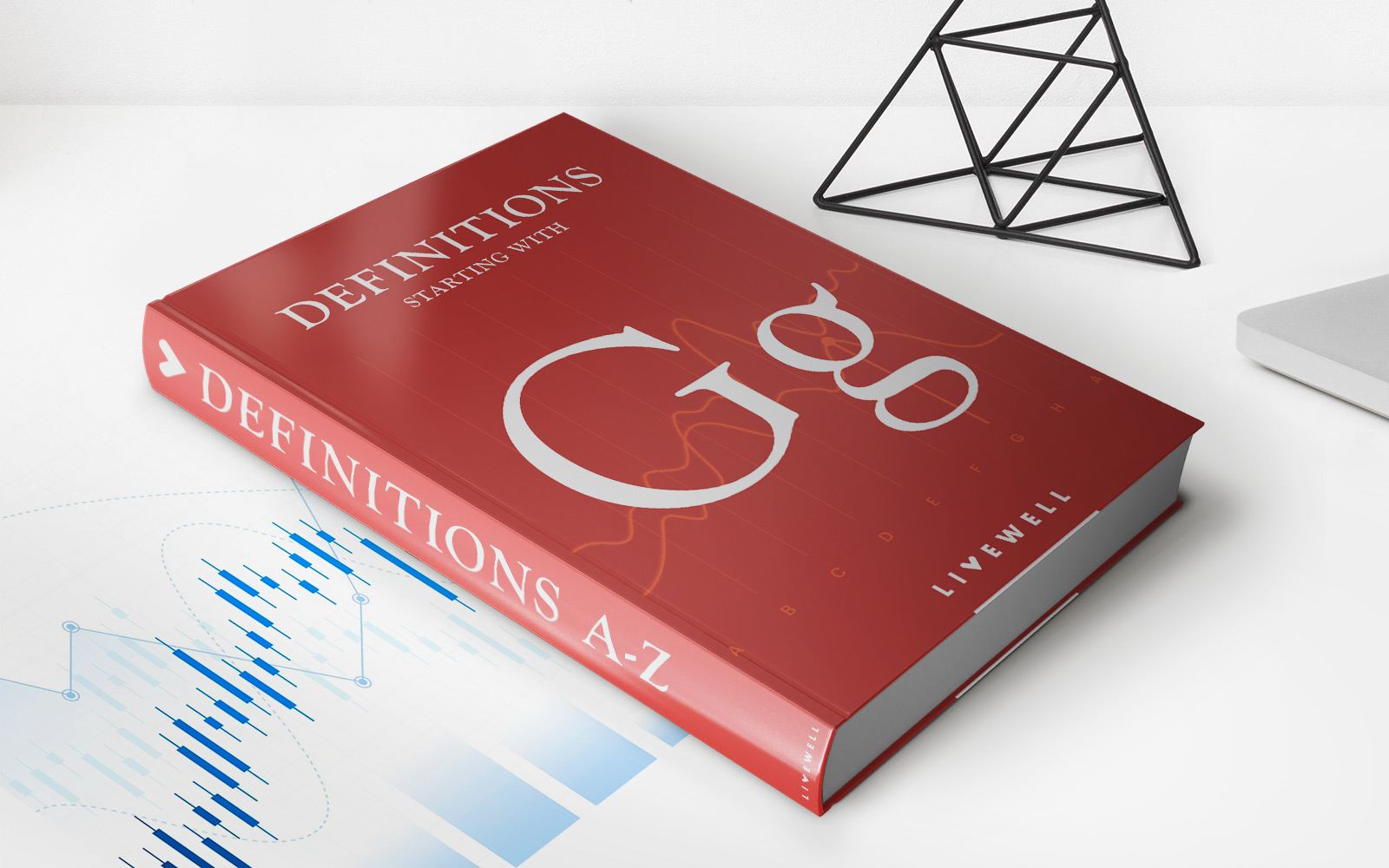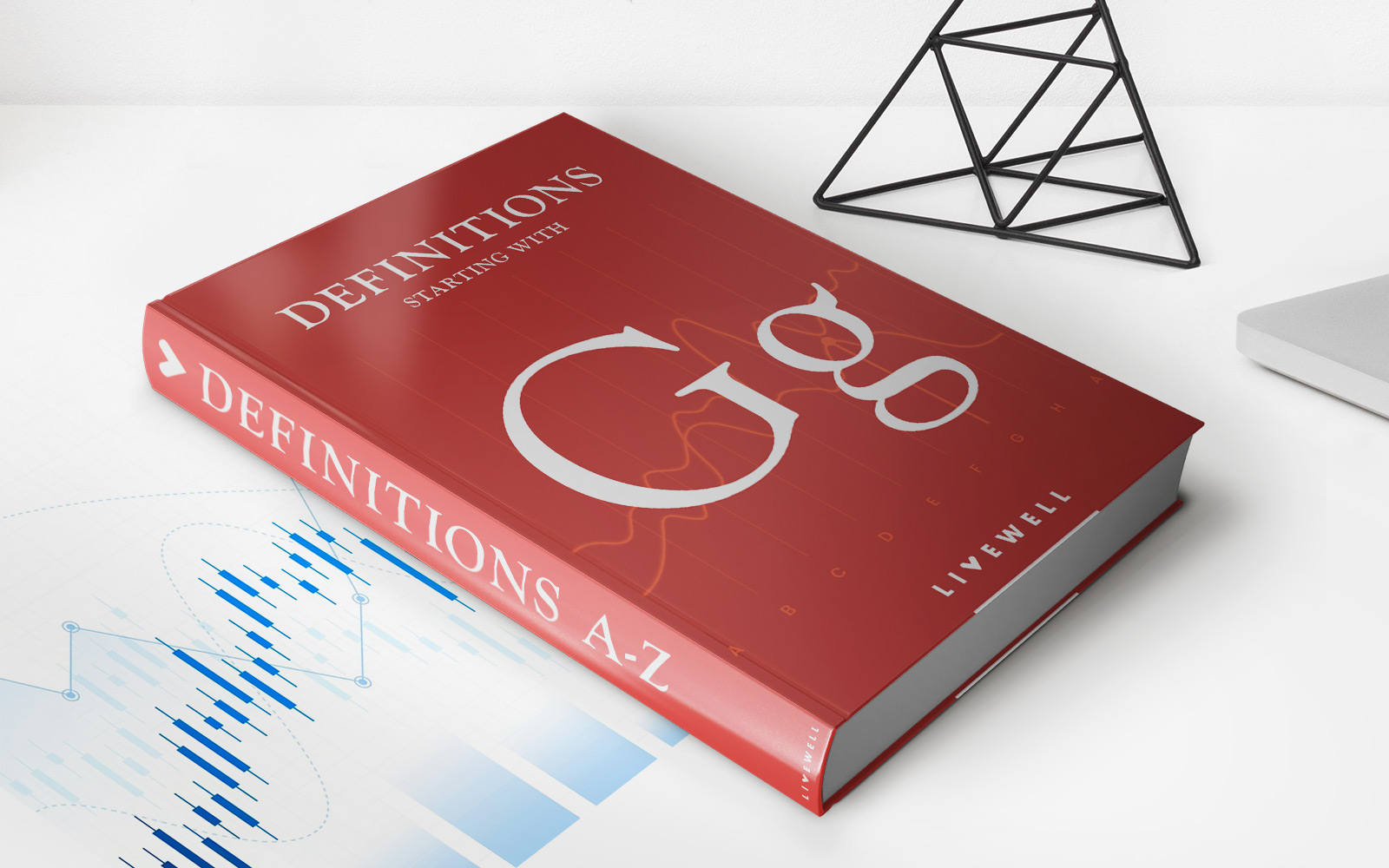

Finance
Group Of 3 (G3) Definition
Published: December 2, 2023
Learn the definition of Group of 3 (G3) in finance. Understand its significance and how it impacts the financial industry.
(Many of the links in this article redirect to a specific reviewed product. Your purchase of these products through affiliate links helps to generate commission for LiveWell, at no extra cost. Learn more)
Understanding Finance: What is G3 and Its Significance?
Finance is a broad field that encompasses various aspects of managing money, investments, and financial resources. Within the realm of finance, there are different categories and concepts that individuals and businesses need to grasp to make informed financial decisions. In this blog post, we will focus on one of these categories – G3 – and delve into its definition and significance.
Key Takeaways:
- G3 refers to a group of three major economies: the United States, Japan, and Germany.
- This group has a significant impact on global finance, given their combined economic strength and influence.
So, what exactly is G3? G3 represents a group comprising three key economies: the United States, Japan, and Germany. These countries, known for their robust financial systems and economic strength, hold significant sway in global finance. Understanding how these nations function within the global financial landscape can provide valuable insights for individuals and businesses.
The G3 plays a crucial role in global financial markets due to several factors. Let’s explore some of the key reasons why this group is essential:
1. Economic Powerhouses:
The United States, Japan, and Germany rank among the world’s largest economies, collectively contributing to a substantial portion of the global GDP. As economic powerhouses, they possess significant financial resources and have a significant influence on the global financial system.
2. Trade and Investments:
The G3 countries are major players in international trade and investments. Their economic policies and decisions can impact global financial markets, exchange rates, and trade patterns. Moreover, the interdependence between these nations can create a ripple effect that affects economies worldwide.
3. Central Bank Policies:
The central banks of the G3 countries – the Federal Reserve (Fed) in the United States, the Bank of Japan (BOJ), and the Deutsche Bundesbank in Germany – play a vital role in shaping global monetary policy. Their decisions on interest rates, money supply, and regulatory measures reverberate worldwide and can significantly impact financial markets.
4. Investor Sentiment and Capital Flows:
G3 countries attract significant foreign investments and are regarded as safe havens for capital due to their stable economies. The investment decisions and market sentiments expressed within these nations have a ripple effect on global capital flows and can drive market trends globally.
Overall, understanding the dynamics of the G3 is valuable for investors, financial professionals, and even individuals seeking to make informed financial decisions. Monitoring developments within these economies and their policies can provide insights into broader financial trends and potential opportunities or risks in global markets.
Whether you are an experienced investor or a curious individual, grasping the significance of the G3 and its role in global finance can help you navigate the complexities of the financial world and make sound financial choices.
